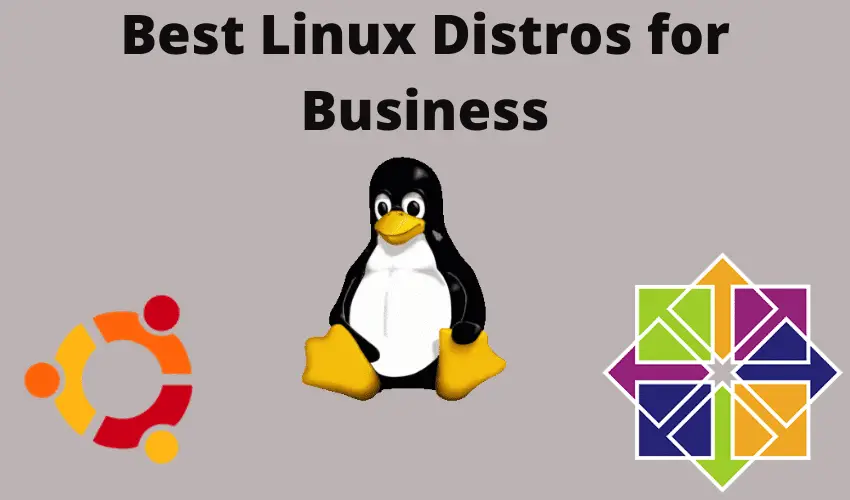GNU/Linux has become predominantly a business system, flexible, reliable, secure, and above all a free system in most cases, or at least a cheaper one that allows companies to invest in other areas and do without licenses to be more competitive, in addition to the ability to change the source code to create more customized solutions according to their needs.
Linux has not achieved success on desktops, but it is undoubtedly very important for servers, supercomputers, and at the business level. So, here we are going to present the 6 best Linux distributions for businesses that are currently available. Also, BYOD has spread and is becoming increasingly popular among employees of large and small companies, including SMBs, if you need it.
BYOT / BYOD (bring your own device/technology) or 'bring your own device' is a flow that allows employees to work with their own computer equipment instead of the company's own equipment.
This is definitely a potential danger due to possible information leakage and security threats that can affect the information you take home from the company, so don't trust your IT system to newbies, but rather take advantage of software development for startups from companies like Redwerk. The fact that everyone is using their own hardware and software is an issue that needs to be addressed to ensure greater security for both software and hardware.
In fact, there are already very interesting solutions that can be applied in this area, such as ARM AES that some such as AMD are implementing in their AMD64-ARM hybrid chips, which will bring more security, platforms, and companies focused on BYOD security, etc. But here we will introduce an unknown distribution which can help us a lot in this regard by providing the necessary security.
Recommended Read: Best Linux Distributions for DevOps
Also Read: What Linux Distro Students Should Use?
The distributions that I think are more interesting for companies are:
SUSE Linux Enterprise Server (SLES)
SUSE is one of the strongest companies in business distribution. With SLES, you can stand up to your closest rival, Red Hat. In addition, both titans fight fiercely for leadership in this sector and always surprise customers with innovative and practical solutions. For example, SUSE is supported by SAP.
Red Hat Enterprise Linux (RHEL)
Red Hat is also one of the great developers, like SUSE, it offers a complete distribution in exchange for paying an amount that is almost laughable when compared to other operating systems that offer much less. In addition, they are always pushing important topics for companies like cloud, virtualization, etc.
Debian
a large developer community and a reliable, stable, and stable system with which to implement both an office operating system and a large server. Additionally, Debian offers several notorious kernel alternatives such as FreeBSD or NetBSD, though others are not as interesting as Debian GNU / Hurd.
CentOS
Another great and free one from above. It is a distribution that was born as a fork or fork of Red Hat Enterprise Linux and is compiled from its source code. CentOS stands for Community ENTerprise operating system. The philosophy is to offer a business product at 0 euros. It is defined as rugged, stable, easy to install and use.
Canonical Ubuntu server / Ubuntu cloud
Canonical is also another giant in the open-source world, and for this reason, it also wanted to provide a distribution that inherits a lot from desktop, but is server-oriented and also for the cloud. It's free, and it has Canonical technology behind it.
PenSOP
This is probably what I want to explain the most since the whole introduction to BYOD has to do with it. While I could talk about some other system such as ChromeOS, I would be interested in doing an overview of PenSOP. PenSOP is a distribution based on Debian / Ubuntu and modified so that it can be booted from any PC with a Pendrive or USB hard drive (portable so you can always carry it around) without worrying about configuration or maintenance. It also has features for cloud synchronization, thousands of available apps, development environments, and apps with SaaS, VoIP, and BYOD support.
We are giving you exclusive deals to try Linux Servers for free with 100$ credit, check these links to claim your 100$,
DigitalOcean - 100$ free credit & Linode - 100$ free credit
Check some Exclusive Deals, HERE.
Also, check out DevOps Book You should read section.
